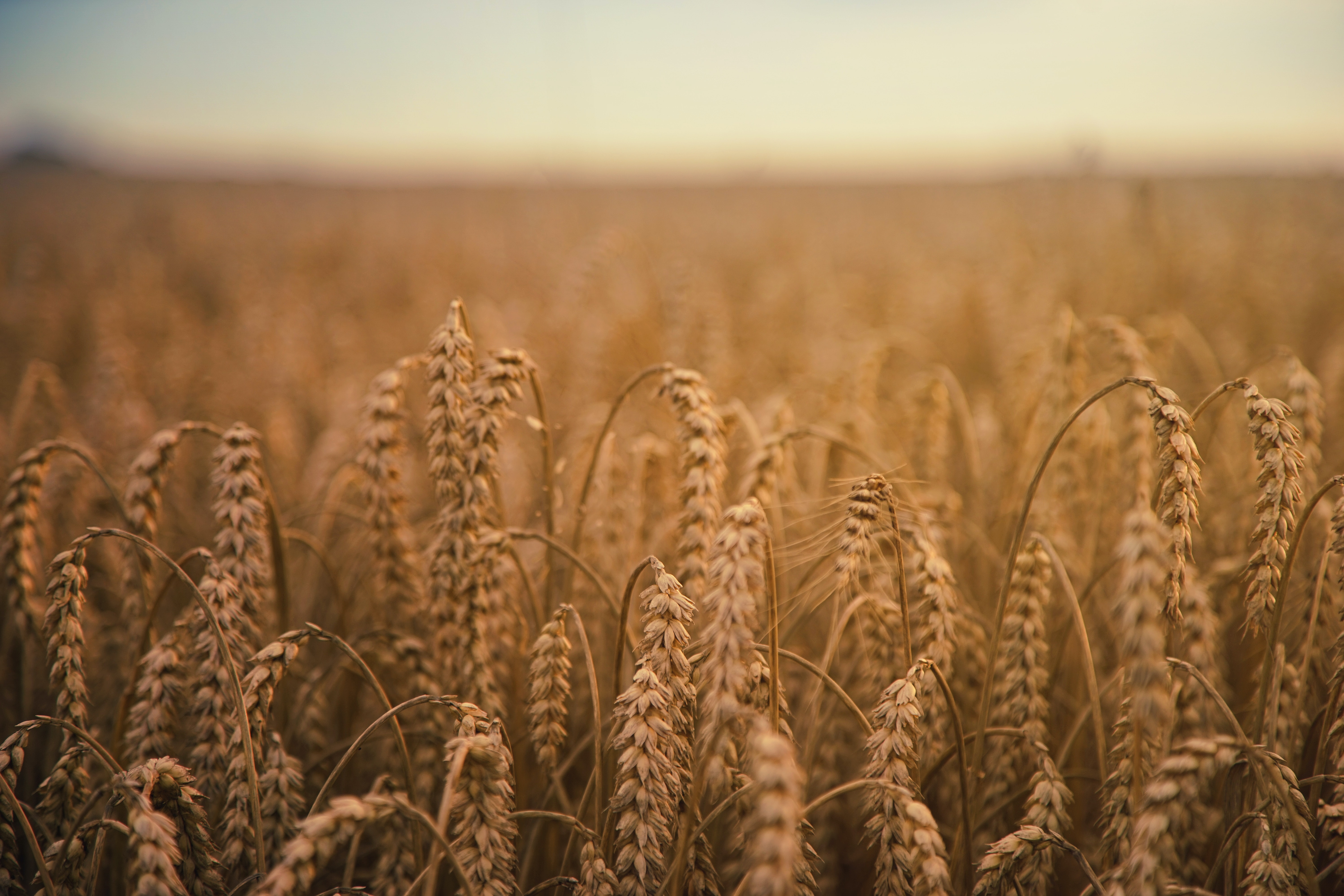July 12, 2022
The war in Ukraine worsens food insecurity; Heatwaves and what they mean for the population

Today’s global news summary brings news from Ukraine, the UK, and Italy and discusses issues as diverse as the rise of food prices, extreme temperatures, and migrants and refugees.
- Worldwide: The war in Ukraine worsens food insecurity
- UK: Heatwaves and what they mean for the population
- Italy: Migrants and refugees are being relocated
Development
Deutsche Welle reports that according to findings from the German aid group Welthungerhilfe, Russia’s invasion of Ukraine may mean that there will be a dramatic shortfall in grain as well as other food shipments from the country. Whilst it looked at findings from 2021, the report also gave an outlook of the effects of the conflict in one of the world’s biggest grain exporters. It noted that “the situation had "dramatically worsened" in recent months.”
“The Russia-Ukraine crisis has seen world commodity prices soaring to their highest levels since 2008, adding propulsion to the existing Covid-driven upward spiral,” writes Ralitza Dimova in her opinion piece. According to her research wheat prices have gone up by 60% and sunflower oil costs have risen by 20-25% since the start of the war.
Related content
IZA World of Labor articles
The welfare impact of rising food prices
Opinions
Effects of the Russia-Ukraine crisis on food prices and well-being
IZA Discussion Papers
Job Loss and Food Insecurity during the COVID-19 Pandemic
Heatwaves and what they mean for the population
Environment | Demography, family, and gender
As reported by The BBC, extreme heat can cause dizziness, nausea, confusion, amongst many other issues, including blood pressure drops. As temperatures are predicted to go up to 30C in parts of the UK, the UK Health Security Agency has issued some tips as to how individuals can stay safe in the rising temperatures.
IZA World of Labor author Alan Barreca has explored how hot weather can also affect human fertility. In his article he notes that “hot weather causes a fall in birth rates nine months later.” “Evidence suggests that this decline in births is due to hot weather harming reproductive health around the time of conception,” he writes.
Related content
IZA World of Labor articles
Does hot weather affect human fertility?
Climate change, natural disasters, and migration
Climate change and the allocation of time
Key topics
Environmental regulation and the labor market
Opinions
How will climate change affect what we do?
IZA Discussion Papers
Reciprocal Climate Negotiators
Italy: Migrants and refugees are being relocated
Migration and ethnicity
Hundreds of migrants and asylum seekers from the Sicilian island of Lampedusa, Italy, were relocated after its refugee identification centre was overwhelmed with new arrivals. 30,000 refugees marked a stepped increase in arrivals this year, compared to 22,700 in the same period in 2021, with 7,500 in 2020 respectively. Aljazeera reports that “Lampedusa, which is closer to North Africa than mainland Italy, is often the destination of choice for Libyan-based migrant smugglers, who charge desperate people hundreds of dollars per person to cross the Mediterranean Sea on packed, dangerous dinghies and boats.”
Tim Hatton, IZA World of Labor contributor, has explored the benefits of harmonizing asylum policies. In his article, he writes that “viewing refugees as a public good provides a basis for cooperation among countries.”
Related content
IZA World of Labor articles
Setting policy on asylum: Has the EU got it right?
The impact of legalizing unauthorized immigrants
Key topics
How does migration policy affect the labor market?
Opinions
What are the challenges in using language proficiency to predict the economic integration of immigrants?
The immigration jump: Are more immigrants good for the economy?
Should governments intervene in the assimilation of immigrants?
Videos
Five common fears about immigration